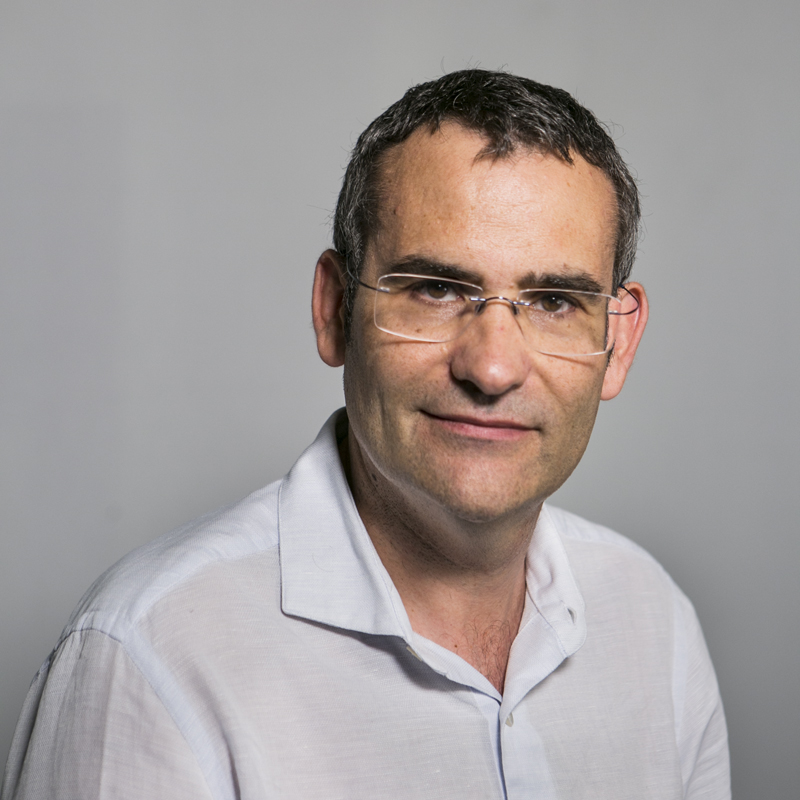Manuel Armayones named one of the fifty leading European figures in eHealth
The UOC professor of Psychology is the only specialist in eHealth from a Spanish university to be selected
Manuel Armayones PhD, Development Director at the UOC's eHealth Center and professor at its Faculty of Psychology and Education Sciences, has been named by HIMSS Europe as one of the fifty leading European figures in the field of health and new technologies (HIMSS Future50). Armayones is one of just three university professors selected and the only one from Spain. The others are from the University of Brighton in the UK and the Politecnico di Milano in Italy.
The HIMSS Future50 has identified outstanding eHealth professionals from different areas of the healthcare sector, from tech specialists and patient advocates to healthcare professionals, managers and researchers. The organizers singled out these professionals for their leadership and ambition, good practices, innovation and transformation, and because their work has had an effect on patient care.
“Advances in eHealth require good quality training and research; this is why it's important that academia be represented. My being included in the Future50 is an acknowledgement of the UOC eHealth Center's pioneering way of looking at health, from a salutogenic and cross-disciplinary perspective,” said Armayones.
Psychology is a key part of eHealth
Armayones has been studying how new technologies can help people in terms of psychology for years. “Although eHealth focuses primarily on technology, we mustn't lose sight of the fact that emotional and psychological aspects play a huge role in health,” he said.
His research at the UOC's eHealth Center looks at how psychology can help improve digital literacy in terms of health or lead to changes in behaviour through apps and other digital solutions, like robots. An attractive design and good content is not always enough for a digital initiative to be a success. Armayones and his team are developing what they're calling the DARCA model to study what convinces someone to use a health app and, consequently, adopt healthy habits or make positive changes that affect their health. The model assesses the effectiveness and persuasiveness of online initiatives and offers recommendations based on knowledge obtained from UOC research.
Armayones has also promoted participative research through new technologies in rare diseases and worked on projects with a number of health centres. He has been vice president of the Spanish Federation for Rare Diseases (FEDER), where he worked to empower families through the use of new technologies. Likewise, together with Pompeu Fabra University, he has developed the Comjunts mobile app, which helps families with children suffering from rare diseases to overcome communication barriers with the professionals providing them with care. It teaches them how to handle the disease and about the resources that the healthcare system and patients' associations have to offer.
When asked about how he views leadership in eHealth, Armayones said that “it has to be humble, with a cross-cutting, multidisciplinary and not at all dogmatic view of work. In eHealth, we have to be able to unlearn and relearn”.
In forming part of HIMSS Europe's Future50, Armayones will be invited to speak at the organization's international events, joining the international community of eHealth influencers alongside the others selected.
Press contact
-
Editorial department
